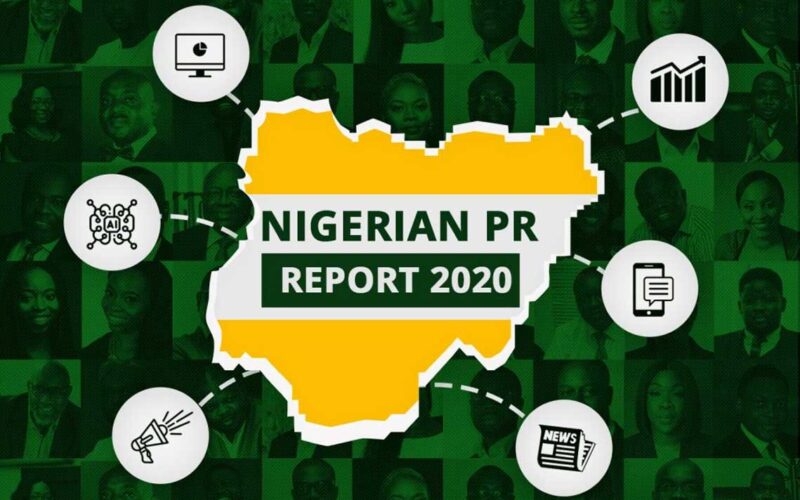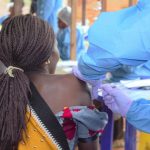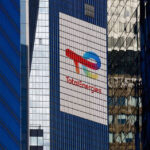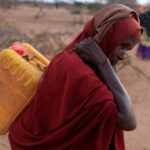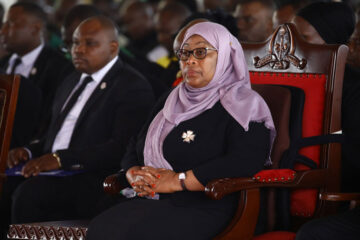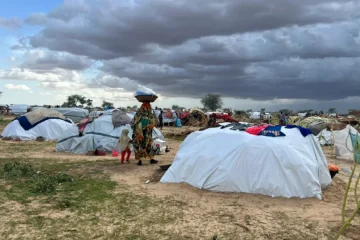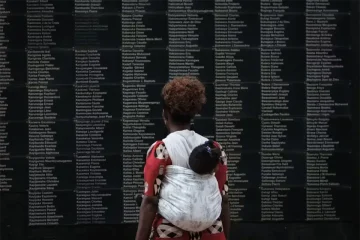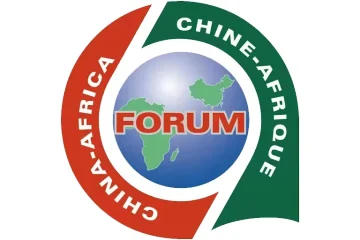MOLIEHI MOLEKOA

THE term, 20/20, is an expression of your ability to see at a distance. Ironically, no one really saw this coming in 2020. The escalation of flu-like illness which originated in Wuhan, one of the world’s biggest “optics valleys” and advanced manufacturing hubs, to a global pandemic in just a matter of weeks transformed every industry and all aspects of our lives. It is against this backdrop that the Nigeria PR Report 2020 was launched.
To the public relations industry’s credit, which has seen its fair share of upheavals, has remained consistently hardworking through the months of lockdown helping brands tell authentic and compelling stories. Advertising, PR’s rich cousin, proved to be less resilient, and the eventing sector came to a dead end with gatherings prohibited due to Covid-19.
In Nigeria and elsewhere on the continent, the pandemic accelerated what used to be a perk for middle and senior managers, working-from-home. The lockdown brought about by Covid-19 has shown that the PR industry can pivot and play flexibly in real-time. Feedback from agencies who were surveyed for the report point to an emerging trend – more remote working, more virtual pitches, and surely testing times for technology as agency staff move meetings online.
Mainstreaming the flexible working policy even after the threat of the pandemic has abated bodes well for skills retention especially of women in the industry. Family care responsibilities often keep women busy even outside of normal working hours. In the post-Covid-19 recovery, gender equality must be central to any strategy that seeks resilient and inclusive growth.
In Nigeria, this is viewed as particularly critical. Despite the gender split being almost identical (M; 102 / F: 99), newer agencies in Nigeria appear to have a higher proportion of men with women comprising only 21% of agencies under five years old. At agencies that have been operating for more than a decade women comprise a respectable 44% of staff.
According to the Organisation for Economic Co-operation and Development, a 50% reduction in the gender gap in labour force participation would lead to an additional gain in GDP of about 6% by 2030.
It takes two to tango, so just employing more women won’t necessarily create room for agencies to grow. The industry needs to look at building holistic programmes to retain skills and build capacity, these can be through webinars, bespoke training programmes for organisations and industry-wide knowledge sharing conferences and seminars.
We expect that regulatory and the professional bodies overseeing the PR industry will be more active in ensuring continuing professional development takes place for PR professionals, as well as set and uphold standards for the dynamic business environment agencies have to operate within. Regulations also need to be tied to enforcement to ensure adherence.
There is growing respectability for the profession and the number of professionals finding a foothold in the industry is growing too. It however still remains an entrepreneurial pursuit. In the survey year, together with the new entrants into the industry, 64% of the new agencies had fewer than ten employees, 14% could be defined as small enterprises with 11-20 employees and 22% with more than 21 employees.
This year’s survey came out strongly in favour of influencers. The rise of influencers in Nigeria has given agencies a run for their money as clients now go directly to these individuals. Fifty three percent PR agencies surveyed believed that clients are now spending more on advertising and digital marketing (including influencer marketing) than on PR. This could be due to the quick visibility and ability to reach target customers provided by advertising and digital marketing.
It could also be from a lack of detailed understanding of PR which is often understood as media relations. Nothing could be further away from the truth. The pandemic has shone light on the depth of services agencies can offer, from CEO communications, influencer management, social media law, issues and content management as well as webinar training.
Agencies must however do more to strengthen their value proposition to the market. Of the agencies surveyed, 56% decried that clients were not willing to come to PR agencies for these non-traditional services – like managing influencers. Yet, there are opportunities for PR as clients move towards more cost-effective integrated marketing communications solutions.
Leaving PR agencies out of the approach can prove to be fatal as they play a key role in driving authentic relationships between the brand and influencer(s) while managing expectations and ensuring the influencers feel like a valued part of the team, and not just a means to an end. One area where agencies play a big role is monitoring the “influencer” and their “sphere of influence” to ensure none of their utterances are contrary to the values of the brand.
While these services have always been part of the repertoire most agencies offer, it’s only now that clients are seeing the deeper value in the specialisation the industry brings.
If the industry in Nigeria wants to leverage some of the new opportunities the report has unearthed, it needs to make decisive and deliberate shift towards meeting the “brief”. So strong are some of the trends that new job opportunities like data analysts are being created in the PR sector, something unheard of just 5 years back. Overall, there needs to be a focus on continuous improvement of the PR processes to drive efficiencies.
Previous and proven PR strategies won’t win against the shifting tides of new consumers – millennials and Gen Z. Already millennials are influencing the direction and many decisions for companies in Nigeria and on the continent. What emerged in the report is a picture of a new age of PR that demands new answers putting PR in Nigeria at an inflection point.
For long, PR was viewed as a one trick pony and the pandemic has cleared the clouds of doubt on the industry’s ability to deliver. Besides the sanitising, PR needs to upsell “solutions” so it remains relevant and thrive. Our demise must not be the case of “out of sight, out of mind”.
* Moliehi Molekoa is Managing Director: Magna Carta Reputation Management Consultants
For more information on the Nigeria PR Report 2020 go to: www.nigeriaprreport.com

